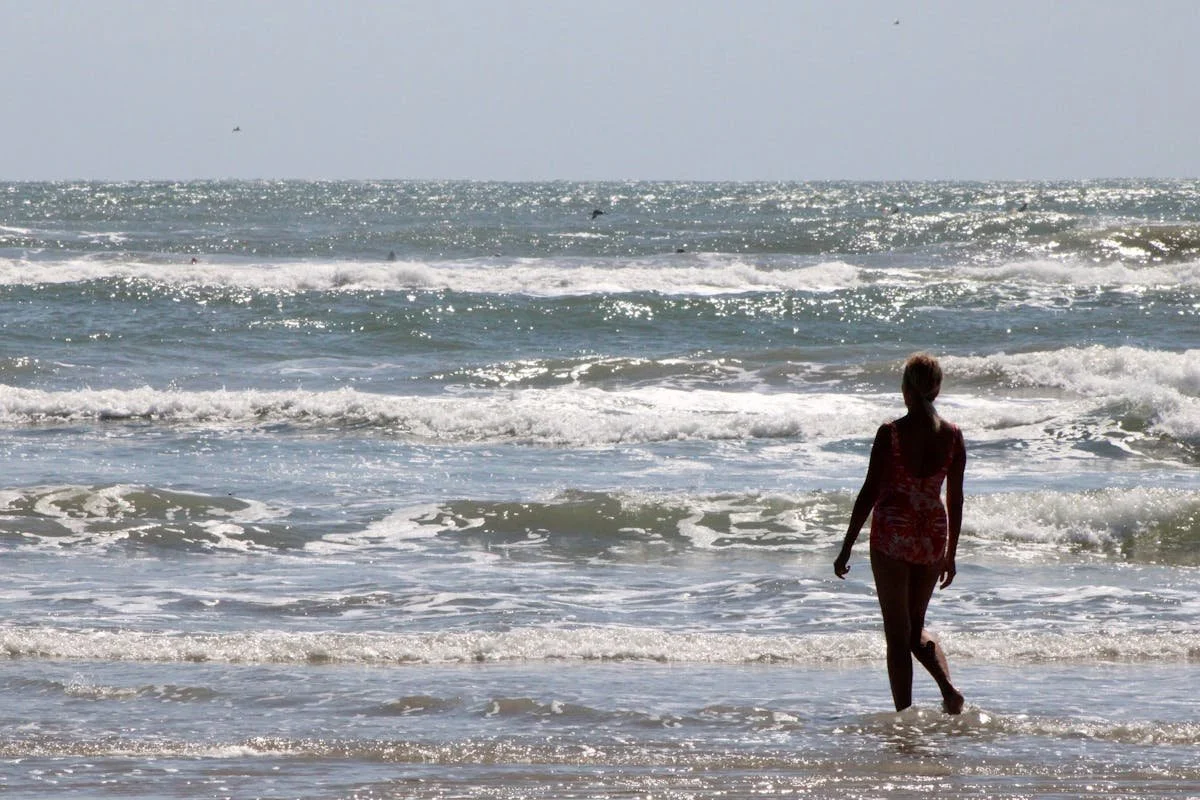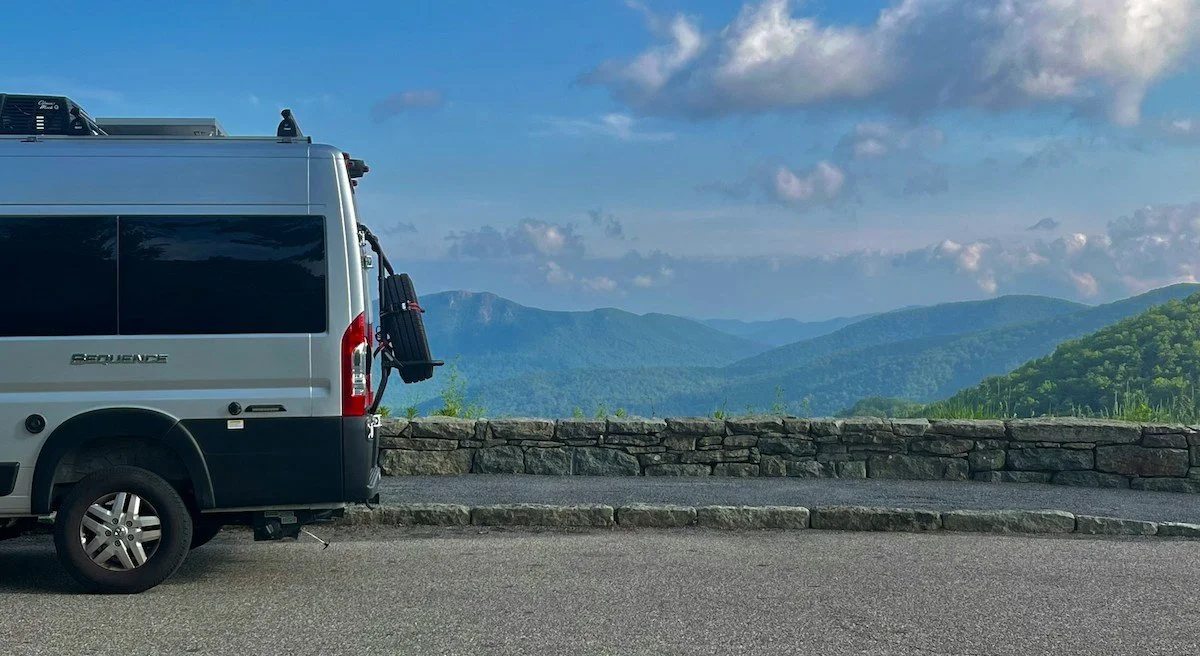Camping vs RVing: The Pros And Cons Of Each
/Camping vs RVing: The Pros And Cons Of Each
Staying in a hotel isn’t for everyone. Camping and RVing can provide more flexibility as to where you stay - especially when exploring more rural areas. But which one is the best solution for you? This post compares the pros and cons of both camping and RVing.
Camping
Camping involves staying in a tent. This could be anything from a one-man tent to a large family tent. Traditional tents are held together with poles, but you can also consider pop-up tents and even inflatable tents.
The Pros
Inexpensive
Buying a tent is cheaper than buying an RV. Camping pitches are also generally cheaper than RV pitches, while wild camping is completely free.
Flexibility
With a tent, you’re not restricted to the roads. You can explore forests, mountains, deserts and beaches and pitch up your tent anywhere (providing wild camping is allowed).
Close to nature
Camping gets you closer to nature than any other form of accommodation. It’s a chance to experience the sounds and the smells as you sleep.
The Cons
Noise
Being able to hear all the noises of the great outdoors isn’t always a good thing. Rain can be particularly noisy when in a tent.
Ruggedness
Camping involves sacrificing a lot of comfort. While you can bring an inflatable mattress and camping stove, they won’t match the amenities of an RV.
Assembly
Assembling and disassembling a tent can be a hassle - especially in harsh weather conditions. In an RV, you don’t have to worry about this.
RVing
An RV (reconnaissance vehicle) can be a great option for a road trip. Unlike a tent, they offer a solid roof and walls. Different types of RV include motorhomes, campervans and camping trailers.
The Pros
Privacy
Staying in an RV can provide more privacy. These vehicles typically have better sound insulation and are able to block out more light, as well being harder to break into.
Comfort
You can enjoy home comforts such as lighting, heating, bed, basic kitchen facilities, a toilet, a shower and even a TV in an RV. Just remember that you’ll need to occasionally stop somewhere with an RV hook-up to keep your battery charged up on the road.
All weather travel
RVs are better suited for cold, wet or windy conditions. Most people avoid camping in winter, but RVs can still be used during these months because they have heating and better insulation.
The Cons
High cost
An RV costs a lot more than a tent. Motorhomes in particular can be a serious investment. Of course, if you’re regularly staying in hotels, you’ll soon save money by using an RV - however camping is still cheaper.
Maintenance
More work needs to go into maintaining an RV. You’ll need to make sure tires are well inflated, the battery is charged, the toilet is emptied and that it is all kept clean.
Restricted routes
RVs have to stay on the road - and there may be some routes that large motorhomes cannot take due to their size.
Conclusion
The choice between a tent and a RV is all a matter of personal preference. Camping is generally better suited for those that want to save money, live ruggedly and venture off the road. RVs are better suited to those that want comfort, privacy and the freedom to travel all year round.



















